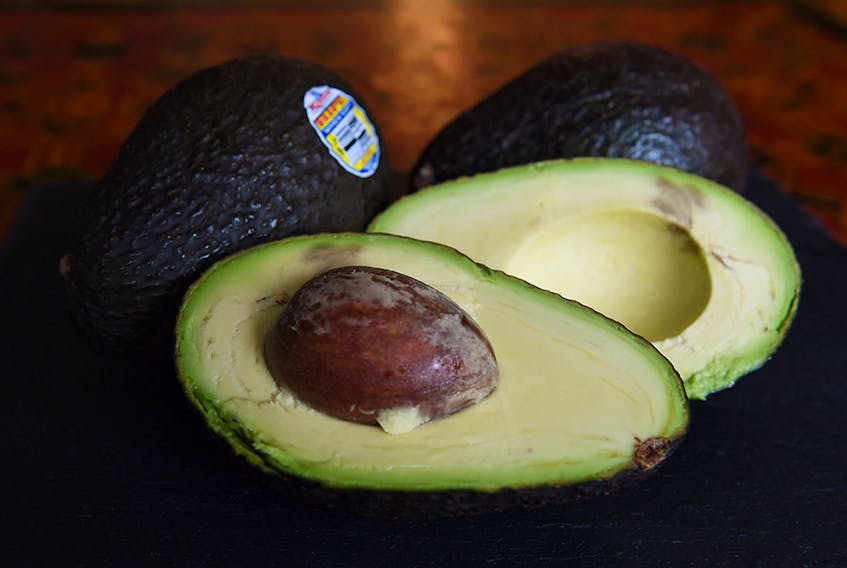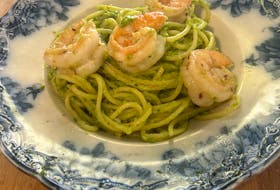Avocado everything — toast, proposals and hand injuries — has become a defining characteristic of our food culture . Oil, although less of a draw than the fruit itself, has been experiencing its own increase in popularity. Originally a means of squeezing profit out of damaged or otherwise imperfect specimens, avocado oil has expanded from a cosmetics ingredient to a culinary one.
A body of scientific evidence reports myriad health benefits — improved heart health, lessened arthritis symptoms, gum disease prevention — but when it comes to purity and quality, a new study conducted at the University of California, Davis (UC Davis) found that “the vast majority” of avocado oils sold in the U.S. fall short.
According to the study, 82 per cent of commercially available avocado oils had either gone off prior to their best-before dates or had been adulterated with cheaper fats. In their analysis of 22 extra virgin, refined and virgin samples (domestic and imported), 15 were rancid and six had been diluted with other types of oil (including safflower, soybean and sunflower oil). Three of the samples, although labelled avocado, contained a different oil altogether (100 per cent soybean oil). Just two were “pure and nonoxidized,” the researchers said — both of which were refined products made in Mexico, Chosen Foods and Marianne’s Avocado Oil.
“I was surprised some of the samples didn’t contain any avocado oil,” said Selina Wang, food science professor and lead author of the study, which was recently published in the journal Food Control . “Most people who buy avocado oil are interested in the health benefits, as well as the mild, fresh flavour, and are willing to pay more for the product. But because there are no standards to determine if an avocado oil is of the quality and purity advertised, no one is regulating false or misleading labels. These findings highlight the urgent need for standards to protect consumers and establish a level playing field to support the continuing growth of the avocado oil industry.”
Avocado is among the vegetable oils the Canadian Food Inspection Agency (CFIA) permits to make approved “unsaturated fat and blood cholesterol lowering” claims. Food fraud isn’t just about being swindled — paying for something you’re not getting — it also presents food safety risks. Let’s say you’re allergic to peanuts and unwittingly buy an avocado oil that has been cut with less expensive peanut oil. A fraudster’s desire for profit can present very real health issues when foods are tainted with hidden allergens, pathogenic bacteria or toxic chemicals.
It’s not only avocado oil that presents an opportunity for cheats. Last year, the CFIA warned Canadians to beware of fake olive oil after an especially poor European harvest. As part of a separate targeted investigation, the regulatory agency found that more than one-fifth of imported honeys had been adulterated with added sugars. Food science experts only expect such instances of food fraud to increase due to the COVID-19-related disruption in supply chains, according to Sylvain Charlebois, senior director of Agri-Food Analytics Lab at Dalhousie University.
“When you go to the store, you’re buying (based on) what’s on the label,” Wang told The Counter . “Consumers should be able to trust that labelling and get the product that is reflected on the label.”
While using your senses is a fallible means of attempting to detect food fraud, the UC Davis researchers included some advice for consumers. If you’ve already got a bottle of avocado oil at home, give it a sniff — a Play-Doh-like odour is a sign of oxidation, they said. Avocado oil, like olive, loses its flavour and health benefits when exposed to air, heat or light. Always store it in a cool, dark cupboard.
If you’re able to taste the oil before you buy it, pay attention to the flavour profile as well as the colour (virgin oil should be green; refined light yellow). Again, as with olive, avocado oil is an expression of terroir — the flavour and aroma can vary by farm, producer or region. “In general,” the researchers said, “authentic, fresh, virgin avocado oil tastes grassy, buttery and a little bit like mushrooms.”
Copyright Postmedia Network Inc., 2020









